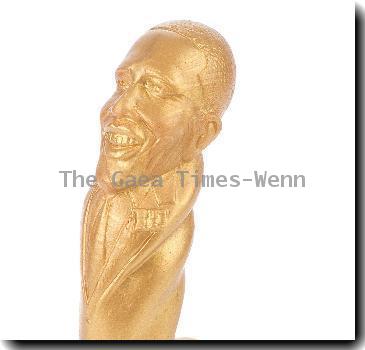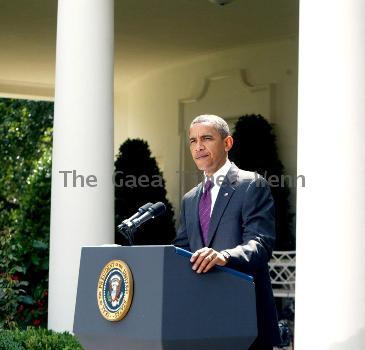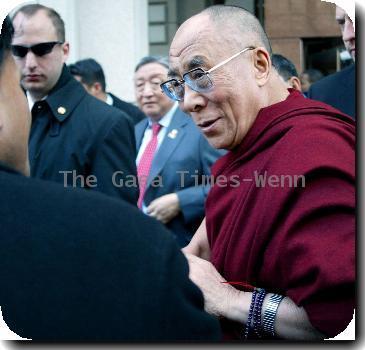US says time may soon come for special UN nuke probe of Syria
By George Jahn, APThursday, September 16, 2010
US: time may come for special nuke probe of Syria
VIENNA — A U.S. envoy on Thursday suggested time was running out for Syria to cooperate with a U.N. atomic agency probe of alleged secret nuclear activities before the agency invokes its seldom-used authority to call for a special inspection — a possible prelude to U.N. Security Council involvement.
Rising to Syria’s defense, a senior Iranian diplomat accused the organization, the International Atomic Energy Agency, of harassing Syria by leveling false allegations in collusion with Israel and its allies.
The two officials spoke as the 35-nation atomic agency board meeting turned its attention from the agency’s probe of Iran’s nuclear activities to suspicions that Syria has a hidden nuclear program.
Israeli warplanes bombed what the U.S. says was a nearly finished nuclear reactor three years ago, launching an agency investigation. After an initial visit to the site, agency inspectors have not been allowed to return or visit other suspect sites. The agency’s chief, Yukiya Amano, says Syria’s lack of cooperation could mean that information sought by the agency could be lost with the passage of time.
Iranian envoy Ali Asghar Soltanieh told the board that Israel’s attack is the real issue and Syria has become targeted by a “vicious circle of endless questions and allegations.”
Syria denies hiding nuclear activities. It, Iran and other Islamic nations say Israel is the main nuclear problem in the Mideast.
They plan to push for a vote at a 151-nation IAEA conference next week on a resolution criticizing Israel’s undeclared nuclear capabilities and urging the Jewish state — commonly considered to have nuclear weapons — to open up its program to IAEA perusal.
But Glyn Davies, the chief U.S. delegate to the agency, warned such a move could “undercut” ongoing Israeli-Palestinian peace talks, telling reporters that “now is not the time (and) the IAEA is not the place for this resolution.”
Diplomats told The Associated Press that same message was delivered Tuesday by Gary Samore, President Barack Obama’s special nuclear envoyn to Arab ambassadors accredited to the IAEA.
In Washington, State Department spokesman P.J. Crowley confirmed that the U.S. is concerned that the Arab move, should it happen, could jeopardize the Mideast talks..
“First of all, let’s state a fact,” Crowley said. “Israel has fully cooperated with the IAEA and that is in contrast to one or more governments, Iran and Syria being two that come to mind, who have not cooperated with the IAEA.”
Inside the closed Vienna meeting, Davis, in remarks made available to reporters, said that, unless Syria ends its stonewalling, the IAEA must increasingly “consider all available measures and authorities to pursue the verification assurances the international community seeks” — diplomatic language for a special inspection.
Only twice has the atomic agency ever called for or carried out a special inspection, which gives it authority for countrywide probes of known or suspect nuclear activities.
Romania asked to be inspected in 1992 to show that the post-communist government had no nuclear-weapons aspirations. A year later, the agency asked for a special inspection in North Korea — a request turned down by the country, which continued with its secret development of nuclear weapons.
Refusal by Syria to allow a special inspection would allow the board to refer the issue to the U.N. Security Council, which then could issue a reprimand, pass a resolution demanding compliance and ultimately pass the kind of sanctions Iran is now under for refusing to heed demands to curb nuclear activities that could be used both to generate energy or make weapons.
Tags: Austria, Barack Obama, Energy, Europe, Iran, Israel, Middle East, North America, Nuclear Weapons, Syria, United States, Utilities, Vienna, Weapons Administration, Weapons Of Mass Destruction, Western Europe



